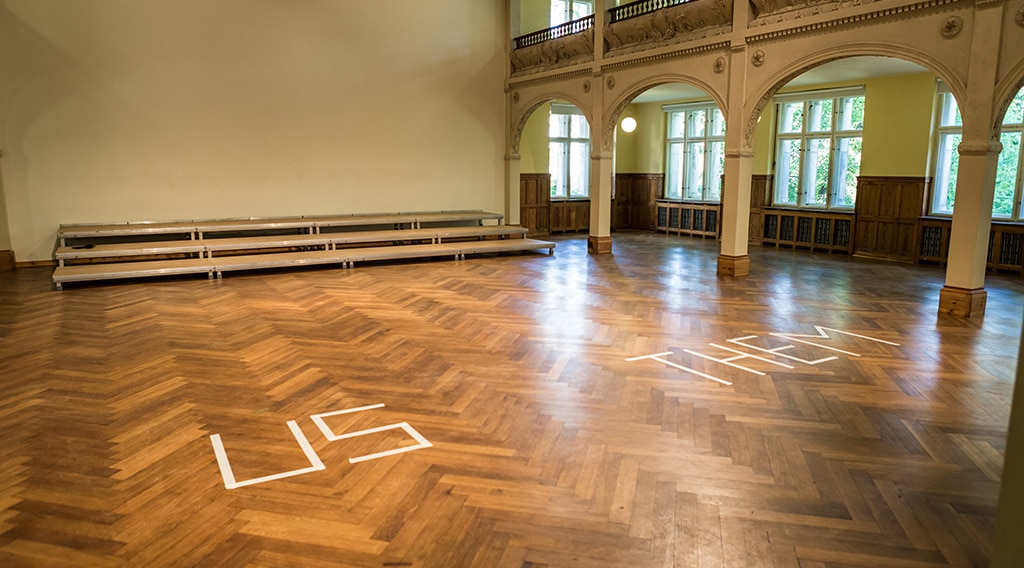Advocate Europe is an idea challenge and civic incubator supporting unconventional and transnational ideas that address Europe’s contemporary challenges. The program brings together citizens, families, migrants, newcomers, and policy makers to shape the direction of the continent through collaborative and innovative efforts. Implemented by MitOst and Liquid Democracy, and funded by Stiftung Mercator, Advocate Europe assists civil society actors with kick-start funding and mentoring to implement projects in fields such as civic education, arts and culture, social innovation, and advocacy. In each round, up to 12 pioneering projects receive grants of up to €50,000. In 2016, Migration Matters was one of the winners of the Advocate Europe Idea Challenge.
As part of the Advocate Europe grant, Migration Matters produced a Massive Open Online Course (MOOC) entitled “Rethinking ‘Us’ & ‘Them’: Integration and Diversity in Europe”. The MOOC covers various perspectives and insights related to integration, diversity, and social cohesion in contemporary Europe and beyond, and features unique conversations with original thinkers, from researchers to practitioners to migrants and the public.
Our goals for the MOOC include presenting research and evidence-based content in an engaging way, reaching out beyond specialists in the field, focusing on solutions rather than problems, and providing multidisciplinary perspectives on poorly understood issues such as integration, nationalism, and diversity. These issues are explored throughout the course by two prominent experts and researchers: Prof. Dr. Naika Foroutan in Germany, who specializes in countries of immigration, their shifting identities, and prevalent attitudes towards minorities, and Prof. Dr. Irene Bloemraad in Canada, who has dedicated her professional life to the study of citizenship and integration in Canada and internationally.
In addition to researchers, the course features four practitioners from Berlin as well as street surveys that show the diverse views of the public on these issues. The goal of the MOOC is not only to better inform the audience, but also to provide an opportunity for a more nuanced and balanced discussion on integration and diversity. Examples of MOOC topics include the impact of citizenship on the integration process, the impact of creating moments of integration through cultural offerings, and how the public understands what it means to be German, among many others!
To learn more, you can become part of the MOOC here or watch the series videos here.
